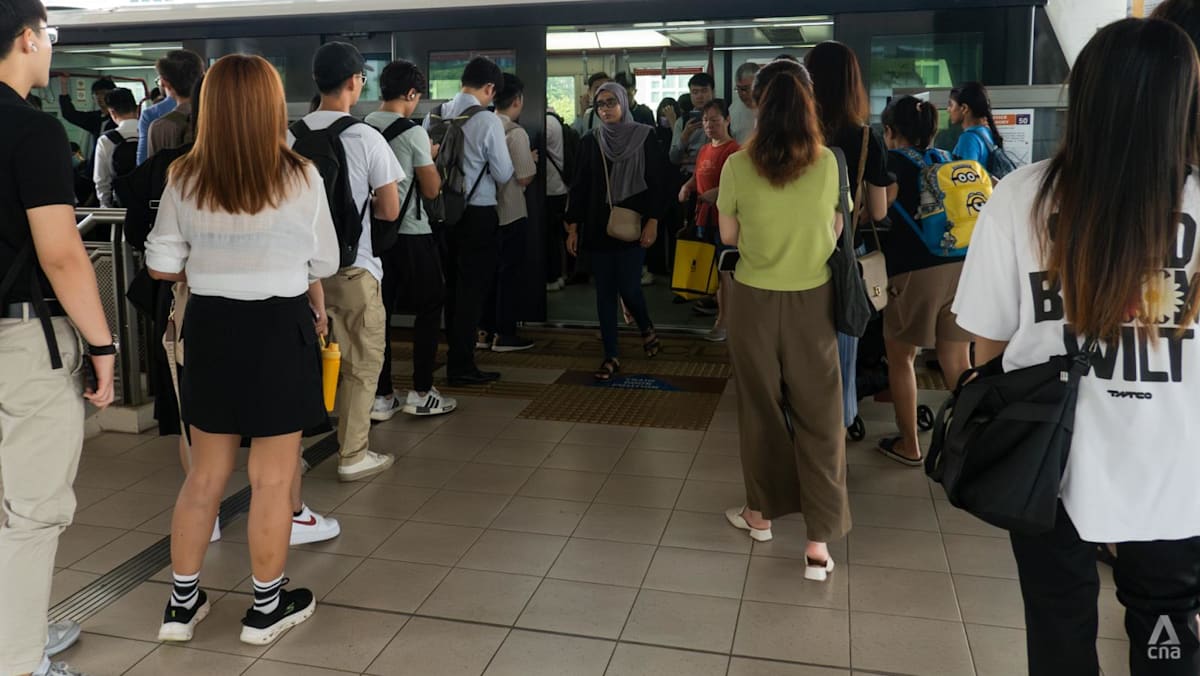On why registration via the app is still required, LTA said its “system needs to track the commuter’s trips across his or her whole journey to determine eligibility and calculate rewards for the complete journey before crediting them accordingly”.
Other changes from Dec 27 include moving the pre-peak eligibility window from before 7.15am to before 7.30am – to align with the timings under the free morning off-peak train rides.
Post-peak hour rewards will also be standardised at 80 per cent for travel between 9am to 9.45am, up from the current 40 per cent for those who tap in between 9.31am to 9.45am.
But journeys that start between 8.45am and 8.59am will no longer qualify for rewards.
The programme will continue to use a system where accumulated points can be redeemed in blocks of 500, which is equivalent to S$5. The credit will go into the passenger’s preferred travel card.






